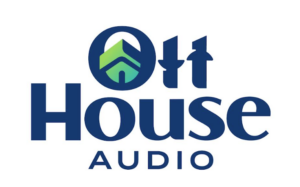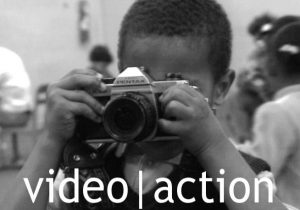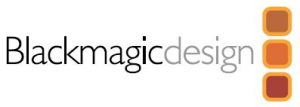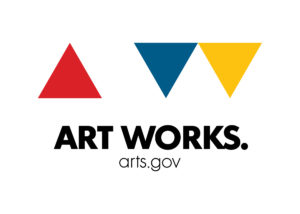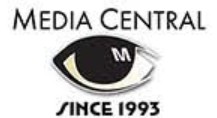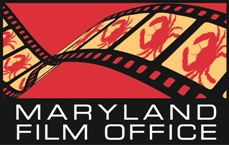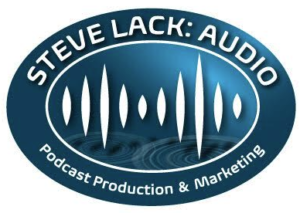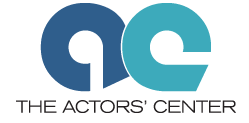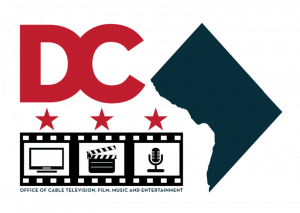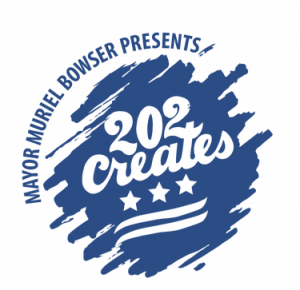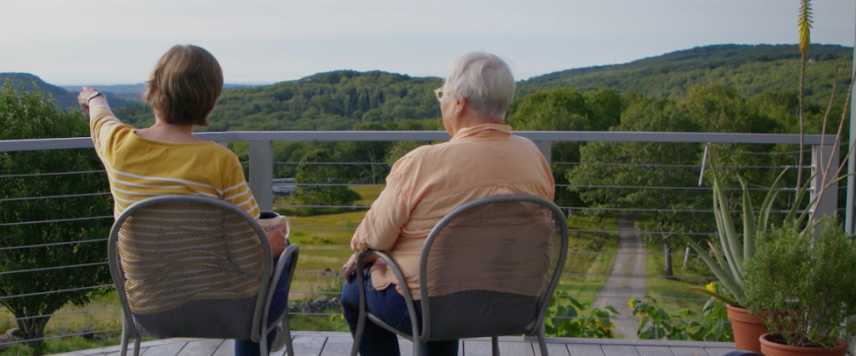
By Amy Oden
I’m probably biased towards Maine. I was born in a port town, I kayak, dive, and swim, and I was one of those who found deep pandemic bliss in camping up north in the summer. I had been eyeing the Maine Media Workshops for a few years, and had heard praises of the place sung by colleagues and acquaintances alike, so I was absolutely thrilled when Women in Film and Video offered me a scholarship to do some coursework there in 2019.
Of course, the pandemic kicked my can down the road. I held out for a return to in-person classes, and when the labs announced their summer 2022 slate, I was excited to see that there would be an Observational Cinema class in early September! So, it was with no trepidation that I gleefully enrolled. Primarily a short form documentary shooter and director, I wanted an intermediate-level course that would help me focus on improving my verite shooting and editing chops.
Arriving at the campus of Maine Media Workshops really sets the tone for a lovely post-collegiate experience. It’s tucked back into a woody neighborhood, a stone’s throw away from the small Rockport harbor, where there are a few picturesque shops and restaurants. Midcoast Maine is dotted with little jewels like this, and it’s easy to feel remote enough from your regular life to focus in these settings.
Our class enrollment was in the single digits, deliberately. I can’t speak to the pervasiveness of these numbers throughout the programs, but for a field production class, it’s handy to have a lot of time with each student’s work, so a low number is a boon. We’d been instructed to start looking for story ideas before arriving for class, so a few of us already had designs on what we wanted to shoot. I had a lucky break with my project; two women who were a perfect fit for a quick portrait had agreed to let me follow them around for a few days. But, how to make their story specifically verite? As a producer with more journalistic background than film school credentials, I tend to shoot interviews first, illustrative footage second. I was hoping the class would give me the space to be able to break some habits and bend my thinking – or maybe the other way around.
Our instructor, Allie Humenuk, was truly fantastic at meeting each student where they were at, and discussing theory and practice with us in a way that felt approachable and easily applicable to the work. I can’t underscore the importance of being taught by someone with a wealth of professional experience in one’s chosen field. Some of the students were mid-career professionals, some were transitioning into a second or third career, and some were just starting out. Some folks needed help with cameras, some audio, others with story.
What emerged over the course of the week was a slate of films that were as diverse as the students in the class. Thoughtful meditations on lobstermen, antique shopping, public lands, local nightlife, and my own two lovely Maine lesbians slowly took shape. We had several sessions for open critique; a hugely valuable process often lost in the sometimes-isolating practice of indie filmmaking. I was excited to see my work and the work of my peers get honed and evolve. We were lucky that students and faculty in a concurrent session on color were willing to give our projects some finishing, and we screened happily in the student showcase on Friday evening, cheering for one another with full bellies and hearts.
That the Maine Media Workshops keep chugging is no small feat; it’s not a grandiose institution, but they DO offer a Master of Fine Arts and several other long term certificate programs, along with a laundry list of multidisciplinary courses. The gift of time and attention to creative practice is a privilege; I learned the value of being more present, more patient in the field and in the edit that week, and benefited greatly from the perspectives of my peers as we engaged in a validating collective practice. Many thanks to Women in Film and Video for making this chapter in my professional development possible.


